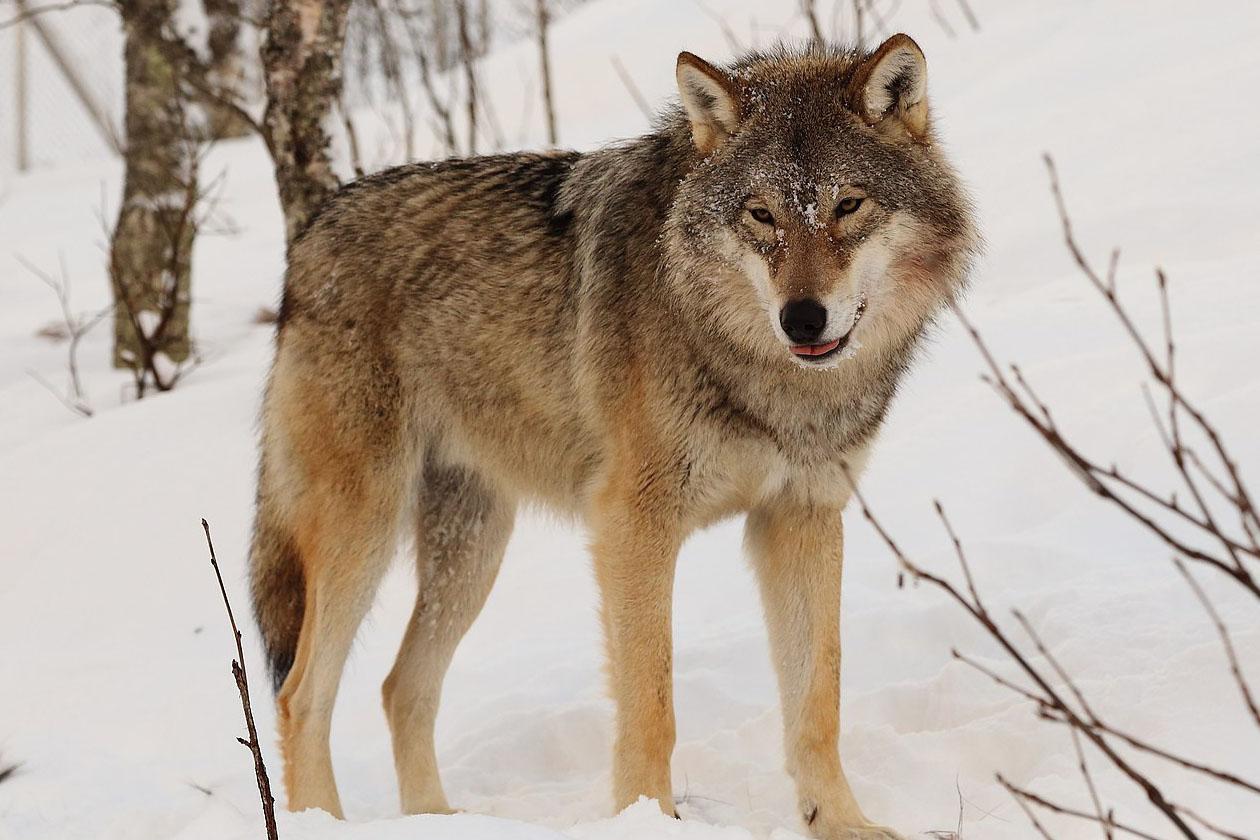Wolves are predators that hunt and kill large mammals, such as deer. During the season that they rear their pups, they kill prey and bring it back to their den for their pups to eat. But
wolves are opportunists; they have been known to eat lots of things, including fruits and berries. Traditionally, they’ve been hard to observe in the wild, so it’s been difficult for wildlife scientists to learn about their diet.
Researchers wanted to get more evidence documenting the diet of wolves in the wild, so they went into the field to get it. In 2020 a team of American scientists reported on their studies of wild wolves in Northern Minnesota. The researchers collared the wolves with global positioning system trackers, making them much easier to follow and observe. They were surprised to witness the wolves regurgitating blueberries to feed their pups. This is a behavior that had never been observed before.
This doesn’t mean that regurgitation hadn’t been seen before, and although it may seem disgusting to us, wolves and many other animals, including domestic dogs, sometimes regurgitate food from their stomach to feed their offspring. What was new about the researchers’ observations is that the wolves regurgitated berries instead of meat.
The scientists were confident this wasn’t a rare fluke because there is other evidence that wild berries can make up a significant portion of the diet of adult wolves during mid-summer, when they’re abundant in boreal forest ecosystems. This is a big change in scientists’ understanding of wolves’ diets.









